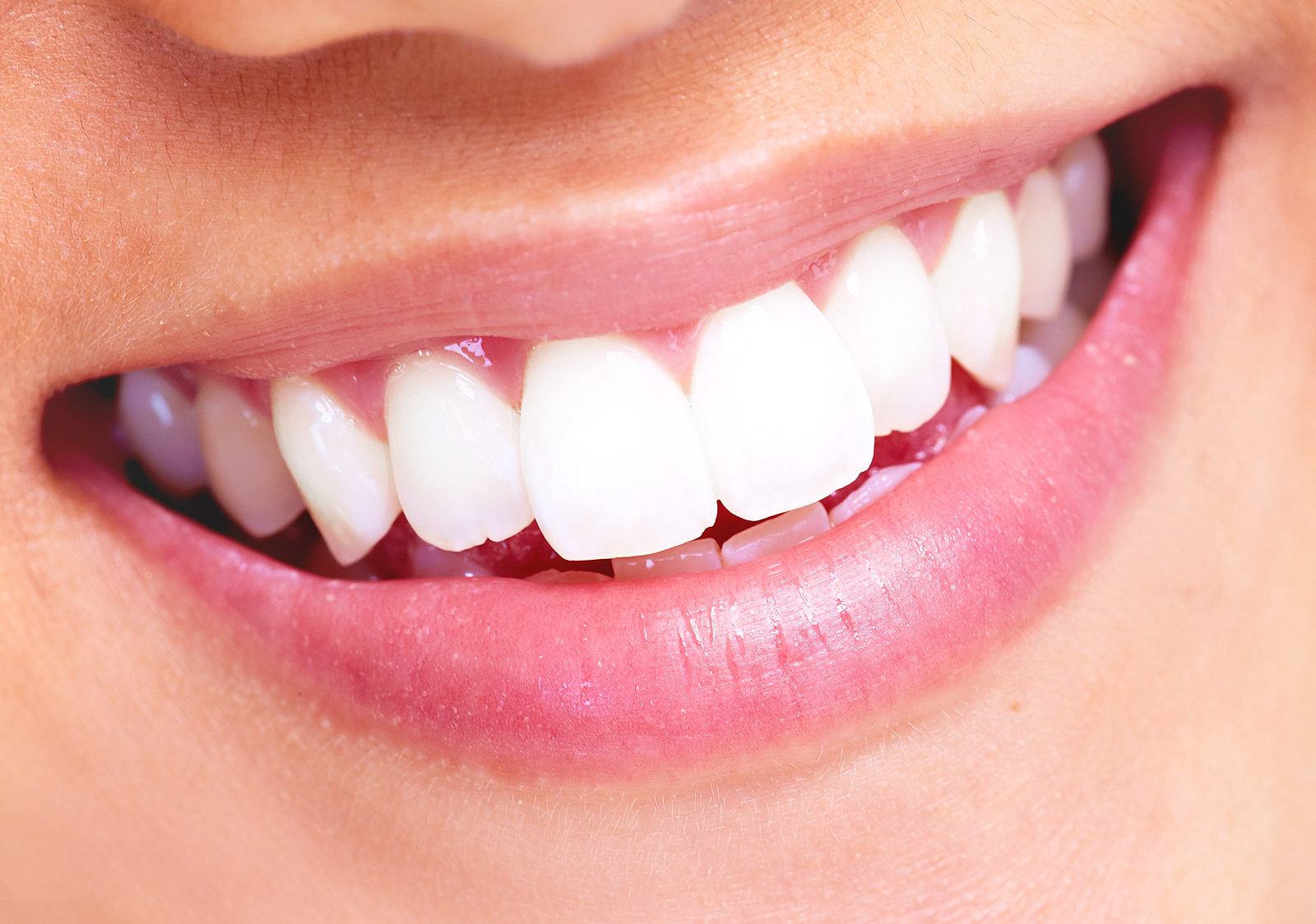Tartar: Causes And Prevention
Have you ever run your tongue over your teeth and felt a hard, rough substance that cannot be removed by brushing alone? That's tartar! Tartar is a common dental problem that affects millions of people worldwide. It can lead to bad breath, tooth decay, and even gum disease if left untreated. Knowing the causes of tartar and how to prevent it is crucial for maintaining good oral health.
What is Tartar?
Tartar is a yellowish or brownish mineral deposit that forms on the surface of teeth. It's also known as calculus and can develop both above and below the gum line. Tartar is composed of bacteria, food particles, and saliva, which hardens over time due to calcium and phosphate deposits in your mouth.
Unlike plaque, which is soft and easy to remove by brushing or flossing daily - tartar cannot be removed without professional cleaning by a dentist or dental hygienist. That's why it's important to visit your dentist regularly for checkups.
Tartar buildup can lead to several oral health problems such as cavities, gingivitis (inflamed gums), and periodontitis (gum disease) - which, if left untreated, can lead to tooth loss. Additionally, tartar buildup can cause bad breath and discoloration of teeth.
It's essential to note that everyone has bacteria in their mouths; however, some people are more prone to developing tartar than others, depending on genetics, age, and diet habits, among other factors. Understanding what causes tartar will help you prevent it from forming in the first place!
Causes of Tartar
Tartar, also known as dental calculus, refers to the hard and yellowish buildup of plaque that forms on teeth when it is left untreated. Tartar can cause a range of dental problems, such as gum disease and tooth decay.
One of the primary causes of tartar is poor oral hygiene. When you fail to brush your teeth regularly or thoroughly, food particles and bacteria accumulate on your teeth surface, which eventually turns into plaque. Plaque then hardens over time into tartar if not removed by brushing or professional cleaning.
Another common cause of tartar buildup is consuming sugary foods and drinks frequently. This can lead to an increase in bacterial growth in the mouth, which leads to more plaque formation.
Certain lifestyle habits like smoking tobacco and drinking alcohol can also contribute to the development of tartar since they weaken the gums' immune system, making it easier for bacteria to thrive.
Ultimately, keeping proper oral hygiene practices helps prevent tartar from forming. It's recommended that individuals should brush their teeth at least twice daily with fluoride toothpaste while flossing regularly after meals. Regular visits with a dentist are also essential for maintaining healthy gums free from any periodontal diseases associated with Tartar buildup.
How to Prevent Tartar
Preventing tartar buildup is essential to maintain good oral health. Here are some tips on how to prevent it:
1. Brush and floss regularly: Brushing your teeth twice a day and flossing daily can help remove plaque, which can eventually harden into tartar.
2. Use mouthwash: A good mouthwash can help kill bacteria that cause plaque formation, reducing the risk of tartar buildup.
3. Watch your diet: Limit sugary snacks and drinks as they contribute to plaque formation. Increase your intake of fruits and vegetables as they promote saliva production, which helps neutralize the acid in the mouth.
4. Chew sugarless gum: Chewing sugarless gum after meals stimulates saliva production, which helps wash away food particles and reduce the risk of plaque accumulation.
5. Visit your dentist regularly: Professional cleanings every six months can remove any existing tartar buildup before it causes bigger dental problems.
By following these simple steps, you're well on your way to preventing tartar buildup – keeping your teeth strong, healthy, and beautiful for years to come!
Conclusion
Tartar is a common dental problem that can lead to serious oral health issues if left untreated. Fortunately, there are many steps you can take to prevent it from forming in the first place. By being proactive about your oral hygiene habits and seeking professional dental care when needed, you can keep your smile looking great for years to come!
If you're ready to experience the best dental care, please contact the cosmetic dentist in Phoenix, AZ, at (602) 249-2227 or visit us at 1277 E Missouri Ave Ste 217 Phoenix, AZ 85014.






















0 comments